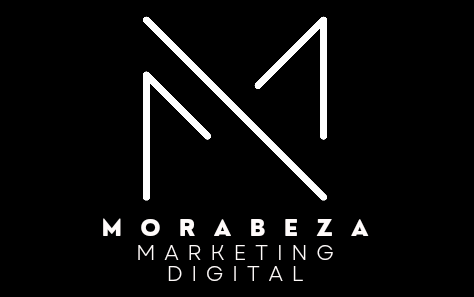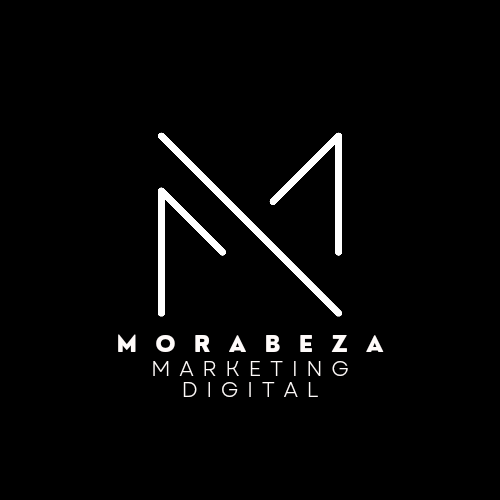


Looking to boost tourism in 2024? Here are some fresh marketing ideas to consider:
Find out how these innovative approaches can revolutionise your tourism marketing efforts next year!
Contents
Create personalised customer experiences is key to impressing travellers and boosting business in the tourism industry. Adapt itineraries to suit individual preferences not only encourages repeat bookings, but also generates positive reviews.
Making the most of AI algorithms to offer personalised recommendations not only increases interaction with customers, but also promotes brand loyalty. Research indicates that a large majority of travellers are looking for personalised touches, signalling a clear trend towards data-driven personalisation in tourism.
Companies that adopt these strategies can enjoy increases in recipe of up to 15%, emphasising the importance of meeting each customer's unique needs and desires for sustained success in the field.
How are virtual and augmented reality technologies revolutionising the tourism industry and redefining the way travellers experience destinations?
Virtual reality (VR) immersive - in 360-degree environmentsrevolutionising travel planning by offering glimpses of what awaits in various destinations.
On the other hand, augmented reality (AR) superimposes digital data on the real world, creating interactive adventures for technically experienced explorers.
To infuse game elements, VR and AR captivate tourists looking for new ways to discover new places.
Virtual visits, driven by these cutting-edge technologiesThey offer a tantalising taste of the destinations, tempting travellers to embark on real adventures.
These innovative technologies are redefining tourism, offering different methods and immersive to connect with travellers and showcase attractive destinations.
In tourism marketing, it's crucial to connect with potential customers through effective marketing tactics. retargeting and remarketing. This involves analysing customer behaviour to create adverts and personalised messages that captivate them.
By harnessing user data, companies can identify retargeting opportunities and create segmented email campaigns to reach specific audiences. Tools such as Google AdWords and Facebook Pixel are key to targeting individuals who have previously shown interest.
The personalised message is key to reviving the customer's interest and increase conversions. These strategies help tourism businesses to stay in the minds of potential customers, increasing the chances of conversion.
When diving into tourism marketing strategies, analysing customer behaviour and personalising ads to individuals are crucial. Now, focusing on Chatbots and AI Technology opens up exciting avenues for enhancing user experiences and simplifying services.
These chatbots, powered by advanced AI technology, offer round-the-clock support, quickly answering customer questions and providing personalised recommendations based on user preferences. They optimise the booking process, providing efficient services to travellers, all while taking advantage of AI algorithms to analyse data and improve customer interactions.
Understanding customer behaviour is crucial to creating effective marketing strategies in the tourism industry. By delving deep into online customer interactionsWith the help of the new marketing programme, companies can discover valuable insights into preferences and levels of engagement, allowing them to tailor their marketing efforts precisely.
Identify the critical abandonment points in the customer journey is key to optimising marketing strategies and increasing conversion rates. Taking advantage of data-driven methodscompanies can create personalised ads which target individuals based on their unique behaviours.
Audience segmentation plays a vital role in improving retargeting efforts, ensuring that campaigns reach the most appropriate audience at the right time. Continuously experimenting with various retargeting tactics based on customer behaviour analysis is essential for refining marketing approaches and achieving superior results.
By using Artificial Intelligence algorithms and analysing visitor data, the personalised recommendations in the tourism sector provide tailor-made travel tips to improve customer experiences.
Chatbots play a crucial role in offering suggestions for personalised attractions tailored to individual interests and behaviours.
This involves collect feedback from visitors to gain deeper insights into your preferences and adjust the personalisation of recommendations.
Increased interaction with customers is achieved by presenting personalised attraction options that resonate with individual tastes.
The creation of personalised promotional materials with the help of AI algorithms ensures that they meet the specific needs and desires of travellers.
Working with influencers on marketing campaigns can significantly improve brand credibility and expand reach in the travel industry. Partnerships with travel influencers allow brands to connect with highly engaged audiences, since 49% of consumers trust recommendations from influencers.
This approach can lead to an impressive 11x increase in ROI compared to traditional digital marketing methods, demonstrating its effectiveness in generating revenue. By collaborating with influencers who have a strong presence in specific demographic segments, brands can increase visibility and reach new markets.
In addition, 75% of marketers consider influencer marketing to be a valuable tool for showcasing brand content, highlighting its importance in digital marketing strategies. Overall, engaging with influencers, especially those in the travel niche, is a powerful strategy for improving brand credibility, reach and engagement in the competitive tourism sector.
Creating captivating content is essential for engaging travellers and boosting tourism through innovative marketing strategies.
The use of cutting-edge video creation techniques enhances tourism marketing strategies by offering viewers immersive and interactive travel experiences. Advanced video production involves the use of drones and 360-degree cameras to capture captivating scenes. Interactive features such as clickable access points and AR overlays heighten viewer engagement. AI-driven algorithms simplify the editing process, adapt content for different platforms and provide personalised recommendations.
Live streaming capabilities facilitate real-time interaction, fostering a sense of community involvement. Data analysis is key to evaluating performance metrics such as viewer retention and conversion rates, helping to refine video strategies for optimum impact. By integrating these components, tourism marketers can create engaging videos that not only showcase destinations, but also provide a dynamic and personalised viewing journey, boosting viewer engagement and sparking interest in travel adventures.
Interested in how tourism marketers can rock the digital world and connect with travellers? Here are some smart strategies to increase engagement and promote unforgettable tourist experiences:
By integrating these tactics into your digital strategy and using high-quality tools like Zaui, you'll be ready to create campaigns that speak to travellers and drive engagement towards unforgettable tourist experiences.
Let's make waves in the digital world and show travellers the time of their lives!
